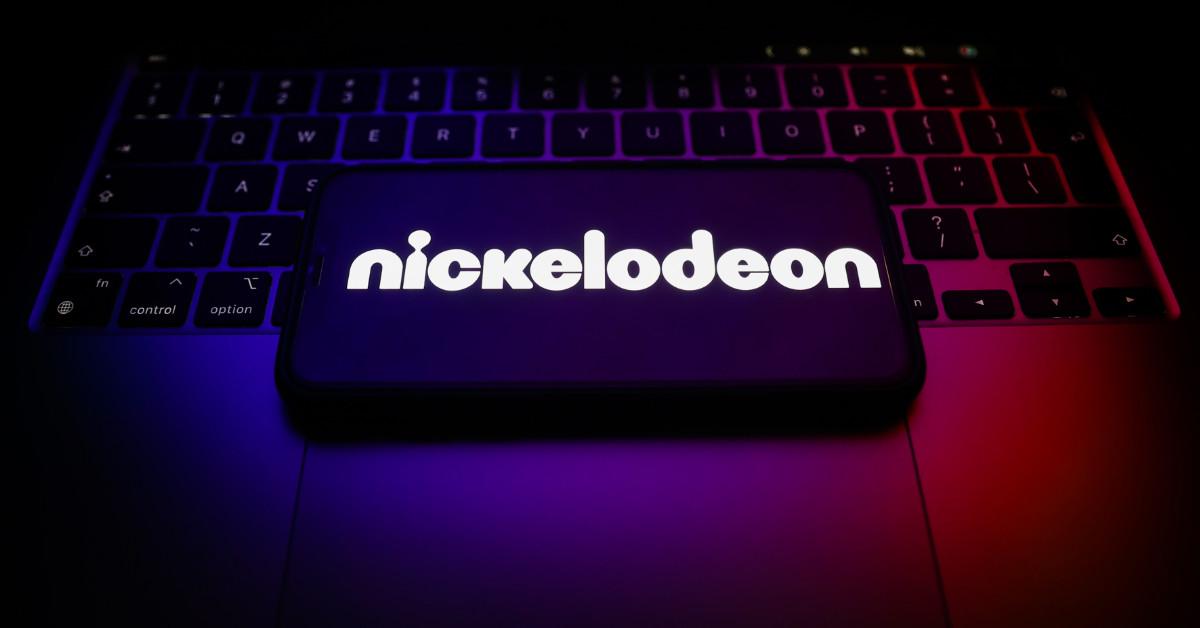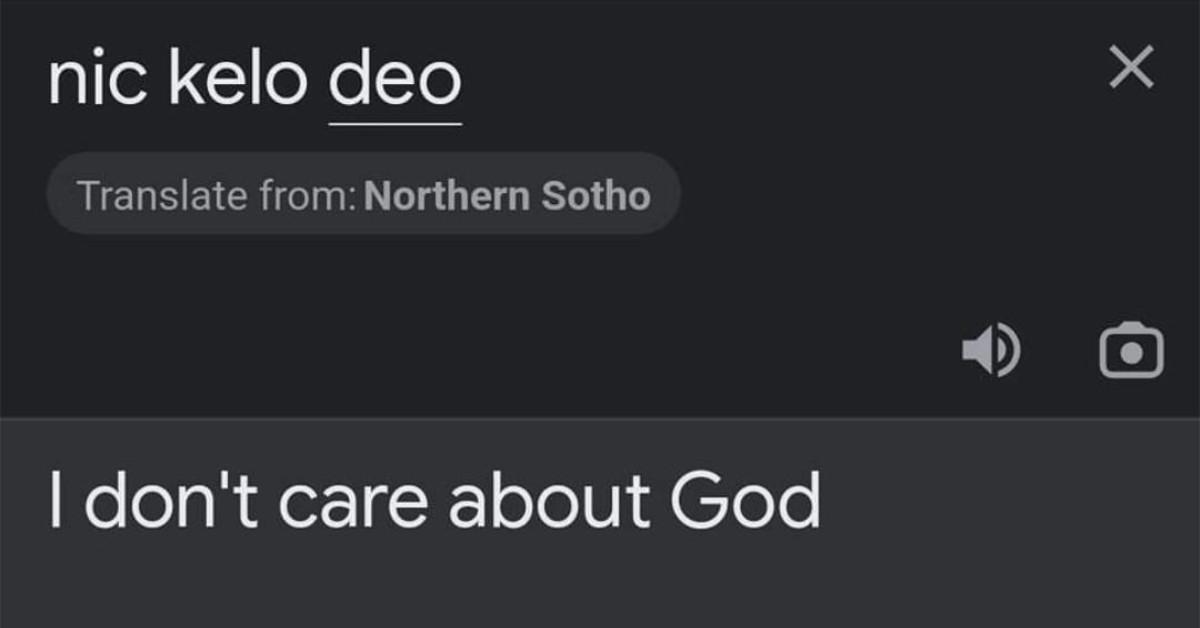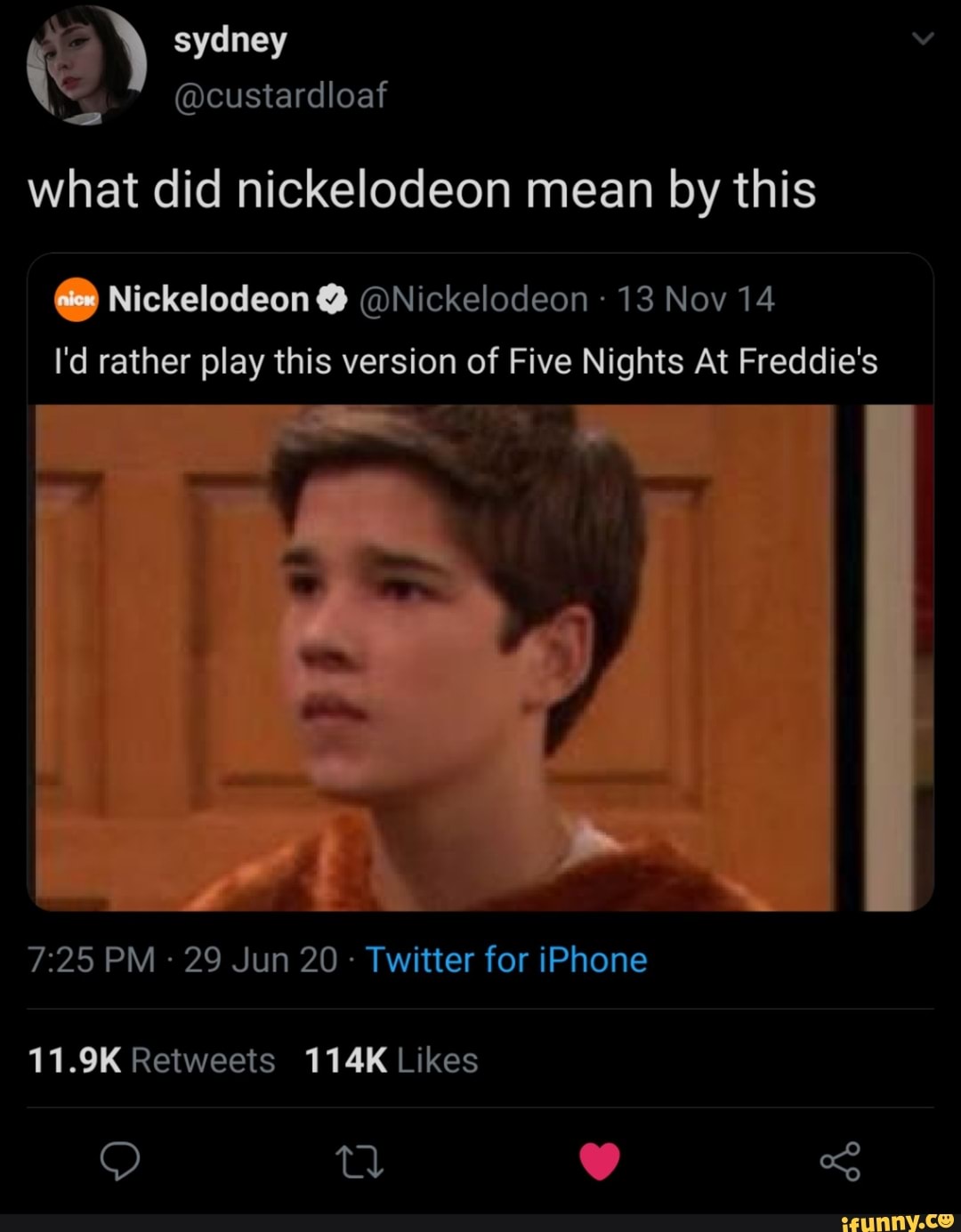Ever wondered what Nickelodeon means in Latin? Well, buckle up, because we’re diving deep into the linguistic world of one of the most iconic names in entertainment history! Nickelodeon, the beloved children's channel that brought us SpongeBob SquarePants, Teenage Mutant Ninja Turtles, and so much more, has a name with roots that go way back. But does it have a Latin connection? Let’s find out!
When you hear the word "Nickelodeon," you might immediately think of cartoons, laughter, and all those Saturday morning marathons. But beyond the screen, there's a fascinating story behind the name. The word itself is a combination of two elements: "nickel" and "odeon." While "nickel" refers to the five-cent coin, "odeon" has a much richer history tied to ancient Greek and Latin.
So, why does Nickelodeon matter in Latin? Is there a hidden meaning or cultural significance? Stick around as we unravel the mystery and explore how this iconic name came to be. By the end of this article, you’ll have a whole new appreciation for the word "Nickelodeon" and its linguistic roots.
Read also:Bbno Breakup The Untold Story Behind The Heartbreak
Breaking Down the Word Nickelodeon
Let’s start by dissecting the word "Nickelodeon." It’s not just a random combination of letters—it’s a carefully crafted name with a rich history. The name was coined in the early 20th century when movie theaters began popping up all over the United States. These theaters were often called "nickelodeons" because admission was typically five cents (a nickel), and "odeon" referred to a place where music or performances were held.
What Does "Nickel" Mean?
The first part of the word, "nickel," is pretty straightforward. It refers to the five-cent coin used in the United States. Back in the day, people would pay a nickel to watch short films in these early movie theaters. It was a small price to pay for a big experience!
What About "Odeon"?
The second part, "odeon," comes from the ancient Greek word "ōideion," which means a building for musical performances. In Latin, the word evolved into "odeon," referring to a theater or concert hall. So, when you put "nickel" and "odeon" together, you get a name that symbolizes affordable entertainment in a grand setting.
Does Nickelodeon Have a Latin Meaning?
Now, let’s get to the heart of the matter: what does Nickelodeon mean in Latin? While "nickel" doesn’t have a direct Latin translation, "odeon" certainly does. In Latin, "odeon" refers to a theater or auditorium, much like its Greek counterpart. So, if you were to translate Nickelodeon into Latin, it would roughly mean "a place where you can watch performances for a nickel."
Latin and the Art of Naming
Latin has always played a significant role in naming conventions, especially in the arts and entertainment industry. Many famous theaters, opera houses, and even film studios have names with Latin roots. For example, the word "theater" itself comes from the Greek "theatron," which was later adapted into Latin as "theatrum." This shows how Latin continues to influence modern language, even in unexpected places like Nickelodeon.
The History of Nickelodeon
To truly understand the meaning of Nickelodeon in Latin, we need to look at its history. The term "nickelodeon" was first used in the early 1900s to describe small, inexpensive movie theaters. These theaters were often found in urban areas and catered to working-class audiences who couldn’t afford more expensive forms of entertainment.
Read also:Batman And Joker Kissing A Deep Dive Into The Dark Knights Complex Relationship
The First Nickelodeon Theater
The first nickelodeon theater opened in Pittsburgh in 1905. It was called the Nickelodeon Theater and was owned by Harry Davis and John P. Harris. The theater charged just five cents for admission and quickly became a huge success. Within a few years, nickelodeons popped up all over the country, bringing the magic of cinema to millions of people.
The Evolution of Nickelodeon
Fast forward to 1977, and Nickelodeon took on a new meaning when the children’s television channel was launched. The channel adopted the name "Nickelodeon" to pay homage to the early movie theaters that inspired it. Today, Nickelodeon is one of the most popular children’s networks in the world, with shows that have become cultural phenomena.
Why Is Latin Important in Naming?
Latin has been the language of scholars, scientists, and artists for centuries. Its influence can be seen in everything from scientific terminology to legal jargon. When it comes to naming, Latin provides a sense of sophistication and timelessness. For example, the name "Nickelodeon" may have started as a simple combination of words, but its Latin roots give it a deeper meaning and cultural significance.
Latin in Modern Branding
Many modern brands use Latin words or phrases in their names to convey a sense of authority and tradition. For example, the car company Ferrari uses the Latin word "Ferrari," which means "blacksmith." Similarly, the clothing brand Versace uses the Latin word "versatilis," meaning versatile. These brands use Latin to create a connection with their audience and establish a sense of heritage.
Fun Facts About Nickelodeon
Now that we’ve covered the linguistic side of things, let’s dive into some fun facts about Nickelodeon:
- Nickelodeon was the first children’s channel to air 24/7.
- The iconic slime used in Nickelodeon shows is made from a mixture of cornstarch and water.
- Nickelodeon has won over 100 Emmy Awards for its programming.
- The channel’s mascot, the orange cat named "Rocko," was inspired by a real-life cat owned by one of the creators.
How Nickelodeon Changed Television
Before Nickelodeon, children’s programming was often seen as an afterthought. Shows were created with little regard for quality or creativity. Nickelodeon changed all that by focusing on original, high-quality content that resonated with kids and parents alike. The channel’s success paved the way for other children’s networks and revolutionized the industry.
The Cultural Impact of Nickelodeon
Nickelodeon has had a profound impact on popular culture, especially among children and young adults. Shows like SpongeBob SquarePants, Rugrats, and The Fairly OddParents have become household names and inspired countless spin-offs, movies, and merchandise. But beyond entertainment, Nickelodeon has also tackled important social issues, such as diversity, inclusion, and environmental awareness.
Nickelodeon and Education
While Nickelodeon is primarily known for its entertainment value, the channel has also made a significant contribution to education. Shows like Blue’s Clues and Dora the Explorer have been praised for their ability to teach children important skills like problem-solving, language development, and social interaction. Nickelodeon’s commitment to education has helped millions of children around the world.
What Does the Future Hold for Nickelodeon?
As technology continues to evolve, so does Nickelodeon. The channel has embraced digital platforms like YouTube and streaming services to reach a wider audience. With new shows, movies, and interactive content in the works, Nickelodeon is poised to remain a leader in children’s entertainment for years to come.
Expanding Into New Markets
Nickelodeon has also been expanding into new markets, including Asia, Europe, and Latin America. By tailoring its content to local audiences, the channel has been able to connect with viewers from all over the world. This global expansion has helped Nickelodeon maintain its status as a cultural powerhouse.
Conclusion
So, what does Nickelodeon mean in Latin? While the word itself doesn’t have a direct Latin translation, its roots in "odeon" give it a rich cultural significance. Nickelodeon represents more than just a children’s channel—it’s a symbol of affordable entertainment, creativity, and innovation. From its humble beginnings as a five-cent movie theater to its current status as a global entertainment giant, Nickelodeon has truly come a long way.
If you’ve enjoyed this article, don’t forget to share it with your friends and family. And if you have any questions or comments, feel free to leave them below. Who knows? Maybe we’ll explore another fascinating word in our next article!
Table of Contents
- What Does Nickelodeon Mean in Latin? Unveiling the Hidden Meaning Behind the Iconic Name
- Breaking Down the Word Nickelodeon
- What Does "Nickel" Mean?
- What About "Odeon"?
- Does Nickelodeon Have a Latin Meaning?
- Latin and the Art of Naming
- The History of Nickelodeon
- The First Nickelodeon Theater
- The Evolution of Nickelodeon
- Why Is Latin Important in Naming?
- Latin in Modern Branding
- Fun Facts About Nickelodeon
- How Nickelodeon Changed Television
- The Cultural Impact of Nickelodeon
- Nickelodeon and Education
- What Does the Future Hold for Nickelodeon?
- Expanding Into New Markets
- Conclusion


